To the editor:
I received two telephone calls Thursday about the terrible stench affecting the town of Bouton. Manure was being applied on a tilled farm field at the intersection of 335th Street and U.S. Highway 169. The wind was blowing the odor to Bouton.
I investigated and perceived the awful smell.
I could see a large hose coming from a CAFO (concentrated animal feeding operation) at Cedar Farms. The hose ran northwesterly across a field and then northerly in the ditch parallel to U.S. Highway 169 until it came to a culvert. The hose then went through the culvert under the highway and ran due west on the tilled field to a large pump.
A second hose ran from the pump to a tractor that was knifing the manure into the soil. All in all, there was probably a half-mile or more of hose on the ground, taking the manure from the pit to the tractor.
I did not see any spilled manure, but there was a puddle of liquid in the corner of the field near the tractor.
I wondered how much of this manure would end up running into nearby Beaver Creek.
One person said the manure had been in the pit all year, so it was no wonder it smelled so bad. This person asked why the manure was not applied when the wind was from the other direction so its stench could be blown toward the owner’s house and not toward the residences in Bouton.
The second caller said he took his family shopping in Des Moines all day in order to get away from the smell.
It is too bad the production of this type of stench does not qualify under Iowa law as a nuisance.
According to Chapter 657 of the Iowa Code, “Whatever is injurious to health, indecent, or unreasonably offensive to the senses, or an obstruction to the free use of property, so as essentially to interfere unreasonably with the comfortable enjoyment of life or property, is a nuisance, and a civil action by ordinary proceedings may be brought to enjoin and abate the nuisance and to recover damages sustained on account of the nuisance.”
Ray Harden, Perry



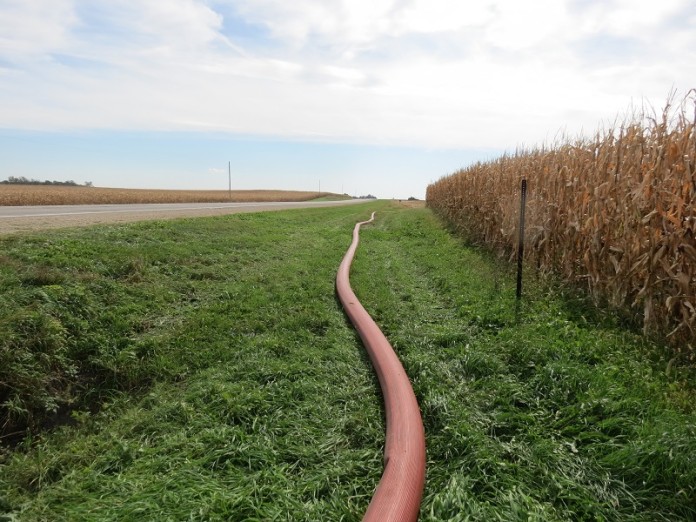






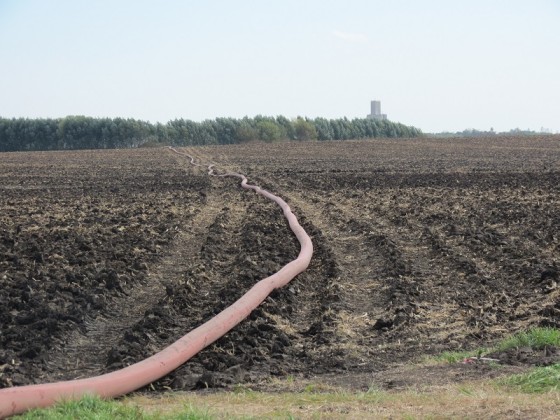
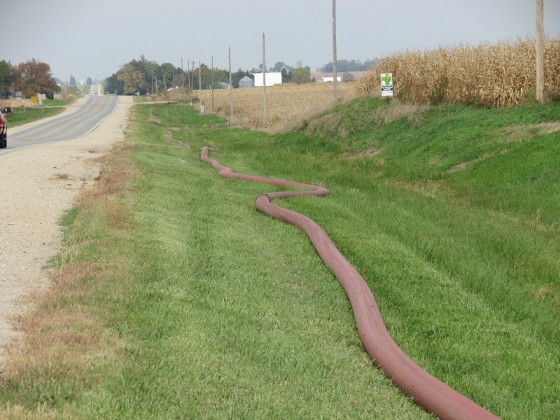
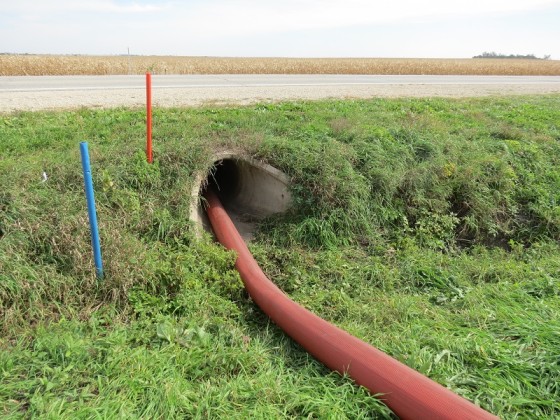
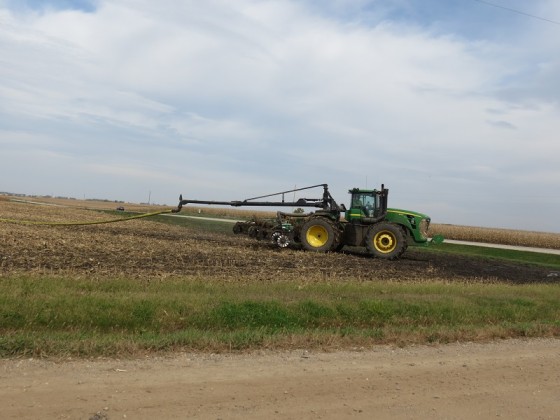
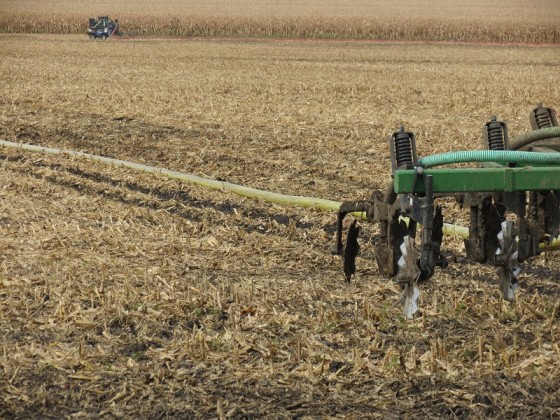
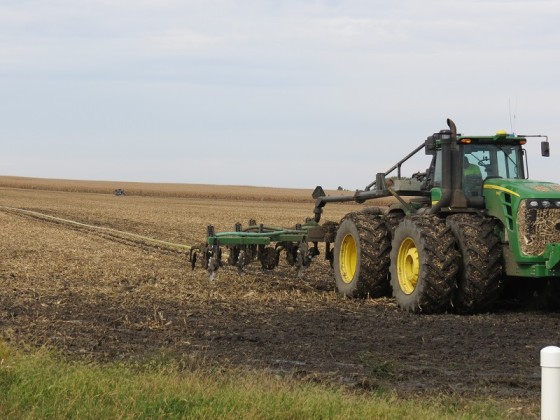
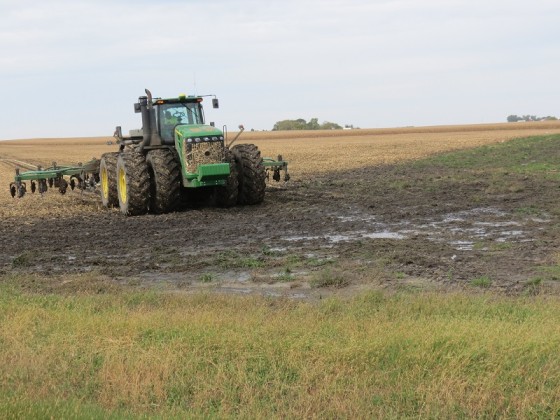








I seriously hope this “letter” was published in an attempt to poke fun at the two people who thought fertilizer smell was important enough to warrant a phone call to you. We live in rural Iowa, surrounded by farms. There are certain things that farmers need to do to grow food. They have to plow the land, seed, till, harvest, and fertilize. Harvest dust, muddy roads, smells, and getting behind slow moving farm equipment on the highway are part of living in this area of the country. We are blessed to live here. If your life is so small that the biggest thing you have to complain about is fertilizer smell on a fall afternoon, you may want to reevaluate your life. I live in Bouton. I came home to that smell. And I went about my day.
Korey- There are things that farmers need to do to grow food. None of those things includes CAFOs. This method of animal production should require a waste treatment plant similar to any town of 5,000. Calling the stench of hog waste “fertilizer” does nothing to eliminate the stomach-wrenching smell. As we see, these fields have been harvested, and there is nothing that needs this “fertilizer.” Unless there is a cover crop going on, this waste will not be utilized, and the nitrates will end up downstream either through tiles or rains.
You are incorrect to say this fertilizer will be wasted. It is being applied now for use in the spring. It does not take an agronomist to realize this. The fertilizer is applied now to make room for more storage and to save precious time in the spring to plant the food you are going to eat next year.
Perhaps they need a water treatment plant similar to a community of 5,000. Spreading hog waste is going to flow downstream unless there is a cover crop to absorb it or a buffer strip to prevent it from leaving the fields, because I bet it rains again before planting season.
I love living in Iowa. But I care about Iowa. Our waters are some of the worst in the U.S. Bad ag practices, maybe following the letter of the law but still bad, are destroying this state. Your DCSWCD is working hard to try to educate farmers and ag producers to make them better stewards.
I applaud Ray Harden not just for his letters but for all his efforts to promote sustainability and a sound environment. Whatever some of the farmers are doing in the same vein is not enough.
As Austin says, the waste is often applied in the fall because storage at the CAFO is full and it saves time in the spring. This is a convenience and management issue, not about what is best for the environment or even the farmland. It is recommended that fall applications be made only after soil temps have reached 50 degrees (we are currently at about 60 degrees). Manure, or any fertilizer application, should be timed to the period of rapid crop uptake. Unfortunately, it is often applied to bare ground after harvest. It could be accomplished by applying into an established cover crop, but that is not as widely practiced as it should be. Incorporation is better than leaving it on the ground, but high soil temps, rains and lack up roots in the soil is a recipe for nutrient loss.